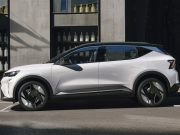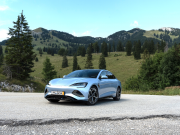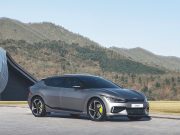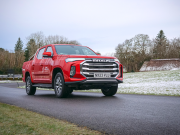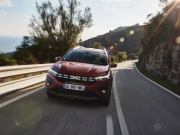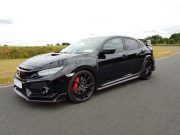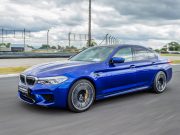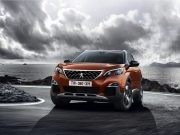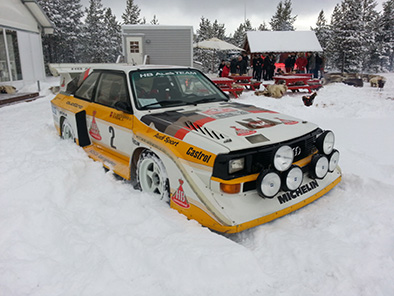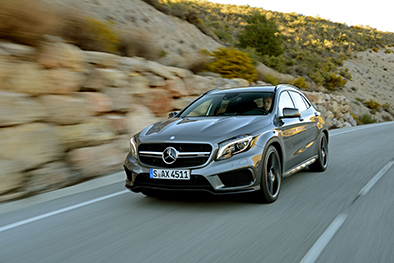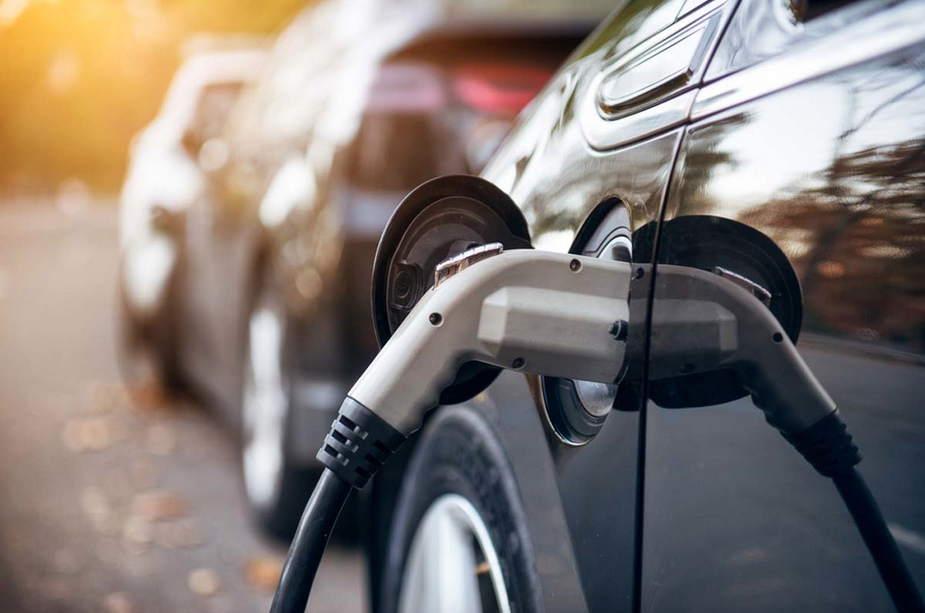 There has been a significant surge in the popularity of electric and hybrid cars in Ireland. The south eastern town of Kilkenny is no exception to this trend either with half of Kilkenny motorists inclined upon purchasing an electric or hybrid car. This number has seen a significant surge since last year when only 25% of the motorists wanted to buy a hybrid or electric car.
There has been a significant surge in the popularity of electric and hybrid cars in Ireland. The south eastern town of Kilkenny is no exception to this trend either with half of Kilkenny motorists inclined upon purchasing an electric or hybrid car. This number has seen a significant surge since last year when only 25% of the motorists wanted to buy a hybrid or electric car.
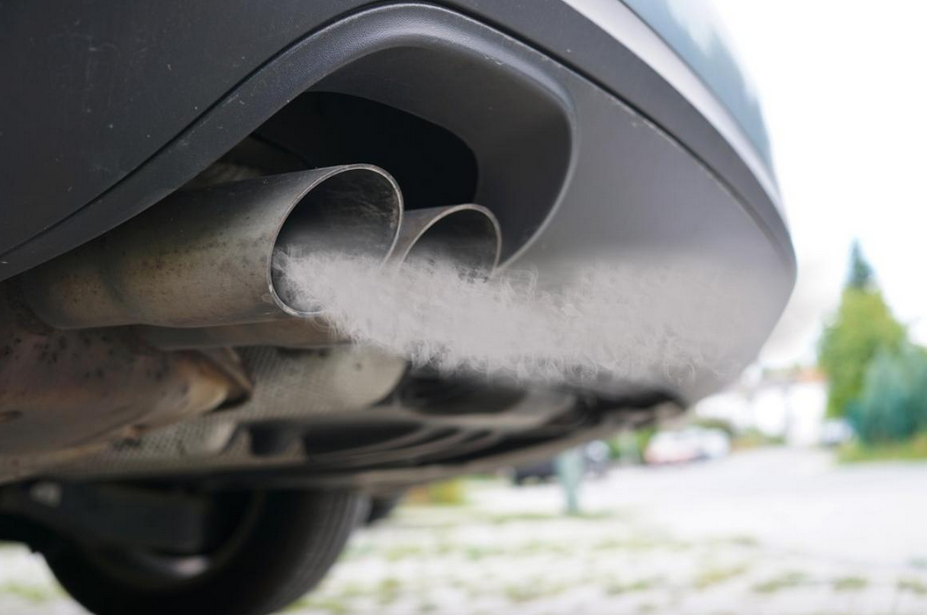 Fall in Consumer Purchase Intent for Diesel Cars
Fall in Consumer Purchase Intent for Diesel Cars
The consumer purchase intent for diesel cars saw a substantial dip last year. However, the purchase intent for petrol engine cars remained at the same levels of 22%, as was the case in 2019. Another important insight worth pondering over is the inclination shown toward hybrid or electric vehicles by over 70% of consumers who were willing to buy a car that was valued at over €10,000. This clearly indicates that an overwhelming majority of people who had the means to move to fuel alternatives to diesel and petrol were ready to shift to more sustainable fuel models.
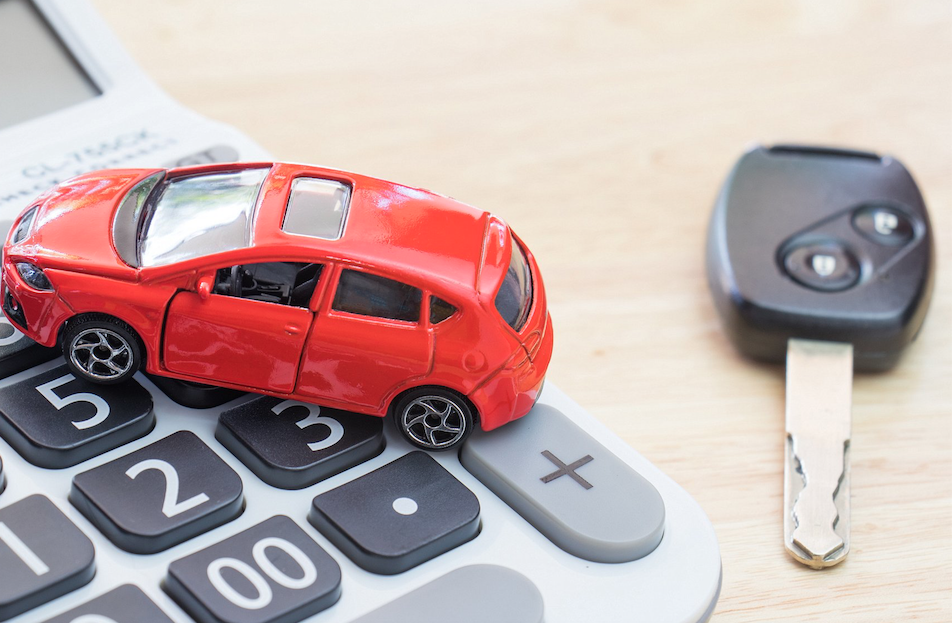 Impact on Insurance Amounts
Impact on Insurance Amounts
As Kilkenny motorists continue moving to electric or hybrid cars, there have been many queries by consumers regarding how the shift would impact their insurance premiums. In the opinion of theaa car insurance company, any such shift would have negligible impact on the overall insurance premium amount; it needs to be further assessed for other insurance firms in Ireland. Another factor that is set to influence the insurance market is the choice of car that’s ideal for long distance. This has been a top query for Irish car users. Like high-end hybrid or electric cars, vehicles that are good for long-distance travels would naturally attract a higher insurance premium rate.
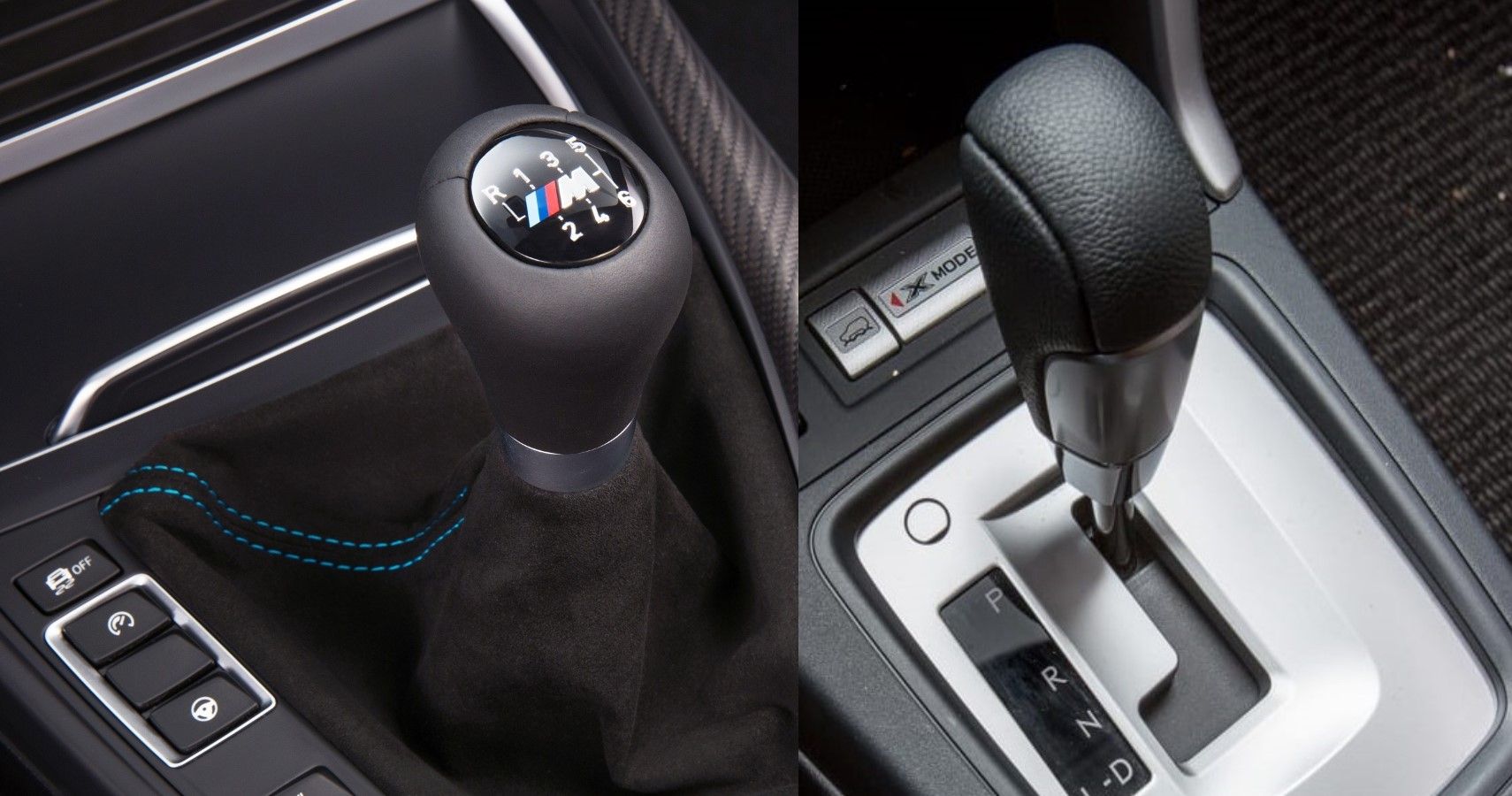 The Gulf between Manual & Automatic Transmissions Increases
The Gulf between Manual & Automatic Transmissions Increases
Despite the decline seen in their market share, cars with manual transmissions in Ireland continue to be the top choice with 58.9% of cars sold in 2020 compared to 40.09% cars sold with automatic transmissions. This is because new automatic gearboxes are quite effective and require low investment for production. However, all EVs and pure hybrids have automatic gearboxes. Used vehicles would most likely retain their value in 2021. This explains why the average price of a nearly new car (registered between 2016 and 2019), which was €21,273 has jumped to €33,000 this year.
The price gap between brand new cars and nearly new cars has also been decreasing as the sale of new cars declined by as much as 25% last year. This means that the number of nearly new cars in circulation is quite low. The additional fuel efficiency “NOx” charges on imports will also result in a dramatic decline of used imports. With the gradual decline of the impact that COVID19 had on the financial space, there is now a high demand for nearly new cars. This has driven up prices and the consumers are now seeing the value in the leap to brand new cars. However, the plethora of available finance options would make it easier for consumers to trade up to newer car types, including electric or hybrid cars.
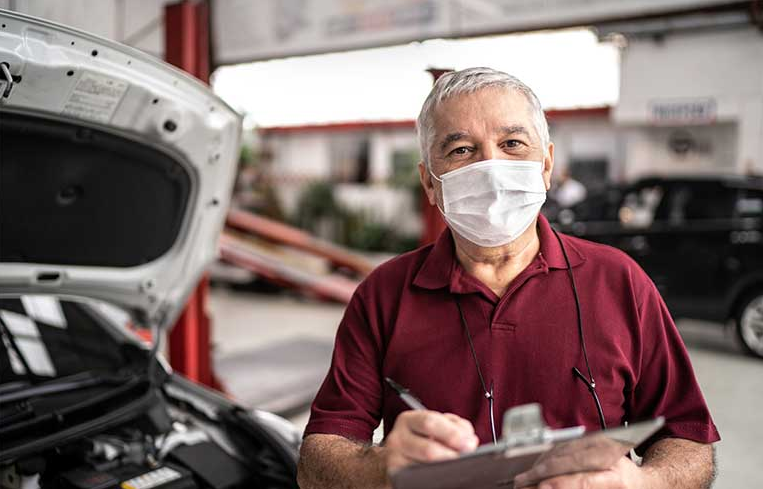 Impact of COVID-19 on the Automobile Industry
Impact of COVID-19 on the Automobile Industry
The pandemic has brought about significant changes in people. People now find themselves enabled to make choices with their peace of mind and not merely by click and collect. This has inspired them to increase the information that they give about vehicles for online sale, along with the assurances and warranties and an extensive range of finance options.












